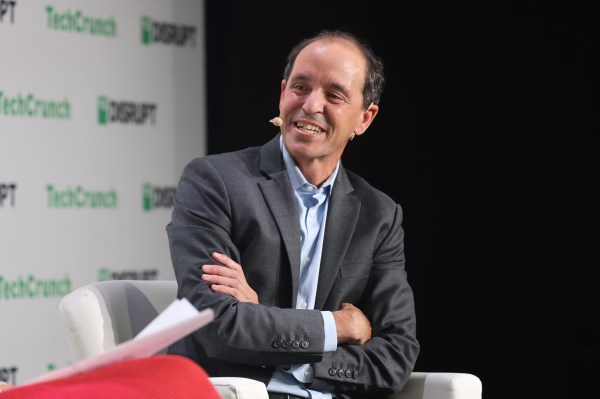As the regulatory landscape continues to be shaky for crypto players, some regulators may be overreaching when it comes to creating frameworks for the industry, said Haun Ventures’ chief strategy officer, Chris Lehane, at TechCrunch Disrupt 2023.
“The government had a strategy,” Lehane said. But when the SEC is looking at crypto or other hot sectors like artificial intelligence, it’s using an “enforcement-only approach to basically establish the policy for the entire U.S. and crypto,” he said.
In recent months, the SEC has filed a number of lawsuits against major crypto companies, including Binance and Coinbase, and even against celebrities like Mila Kunis. But last month, the D.C. Circuit Court of Appeals ruled in favor of Grayscale, a digital asset management firm, in a lawsuit against the SEC on the matter of a bitcoin ETF, which could spell good news for the industry.
“The SEC has lost a number of cases — that almost never happens — which tells you a little bit how they’re over their skis,” Lehane said. “But that runs a big risk of [the government] not approaching this strategically.”
Lehane is no stranger to the government, either. Prior to joining Haun, he was an executive at Airbnb, and he co-founded a strategic consultancy firm, Fabiani & Lehane. In the 1990s, he held various government roles, including press secretary to Vice President Al Gore and special assistant counsel to President Bill Clinton.
“I don’t think the SEC has been pursuing [the crypto industry] in a way that is really consistent with the American tradition, which is the government seeking to work in partnership with innovators, builders, entrepreneurs [and] job creators to the benefit of the whole country,” Lehane said.
After a number of decades working across different industries, Lehane landed in the world of crypto at Haun Ventures, a web3-focused venture capital firm that has two investment vehicles: a $500 million early-stage fund and a $1 billion acceleration fund. Aside from Haun, he is also a member of Coinbase’s Global Advisory Council.
“We have the proverbial dry powder at a really interesting time,” Lehane said. He compared the current crypto cycle to the early days of the internet, when many industry players and news organizations wrote about how the “internet is dead.”
“Anyone who was out there knew there was just an incredible amount of activity taking place . . . I think we’re in a similar or analogous time period.”
There’s an enormous amount of work happening behind the scenes; there’s a reason the common refrain throughout the industry is “builders are building.” But as developers turn their gears in the crypto world, regulatory uncertainty is casting a shadow over the work they’re doing.
“I think crypto has an enormous potential to be able to do an awful lot of good things,” Lehane said. For example, he said, the industry has the opportunity to improve distributed economics and democracy thanks to some of its underlying technology, which can be decentralized, distributed, transparent and inclusive.
Looking toward the future, Lehane said he thinks that the U.S. will get regulatory clarity through court processes; we saw something similar in July, when the U.S. District Court of the Southern District of New York ruled partially in favor of Ripple Labs and the XRP token.
Given Lehane’s political expertise, he’s confident that even though there’s choppy waters between the crypto industry and regulators, the technology will come out on top. “Change always wins.”
